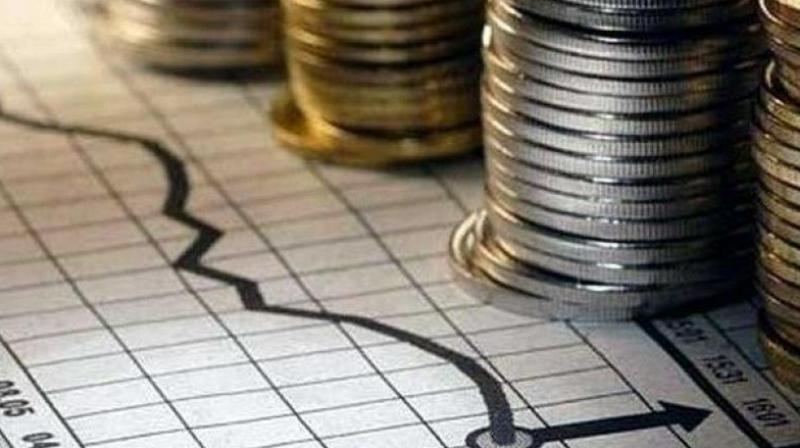India to grow at 7.4 per cent in FY18 on reforms, consumption boost: ADB
India recorded a growth rate of 7.1 per cent in 2016-17, despite fears that demonetisation.

New Delhi: India is expected to grow at an accelerated pace of 7.4 per cent in 2017-18, which will continue to be the fastest-growing major economy in the world, ahead of China, the Asian Development Bank (ADB) said today.
On the back of reforms initiatives being taken by the government, India's growth rate will improve further to 7.6 per cent in 2018-19, ADB's flagship publication Asia Development Outlook (ADO) said.
"An array of important economic reforms have propelled India's economic success in recent years," Yasuyuki Sawada, ADB's Chief Economist, said in a statement.
"A continued commitment to reforms, especially in the banking sector, will help India maintain its status as the world's fastest growing major economy," Sawada said. India, however, may witness firming up of inflation on an expected spike in crude oil prices in global market, it said.
"The impact of the demonetisation of high-value banknotes is dissipating as the replacement banknotes enter circulation. Stronger consumption and fiscal reforms are also expected to improve business confidence and investment prospects in the country," said the report.
India recorded a growth rate of 7.1 per cent in 2016-17, despite fears that demonetisation of high-value currency notes of Rs 500 and Rs 1,000 in November last year would choke economic growth.
"In India, the sub-region's largest economy, growth is expected to pick up to 7.4 per cent in fiscal year (2017-18) and 7.6 per cent in 2018-19, following the 7.1 per cent registered last fiscal," the report said.
China, on the other hand, the report said will witness slowdown, with growth projected to slip to 6.5 per cent in 2017 and 6.2 per cent in 2018, down from 6.7 per cent in 2016.
India, which overtook China in terms of growth in 2015-16, is on course to remain the fastest growing major economy in the world.
"For the third consecutive year, India's growth rate was over 7 per cent. This growth was aided by robust performance of manufacturing and agricultural sector helped by good monsoon. Going forward, it continues to be one of the fastest growing major economies of the world," Abhijit Sen Gupta, Senior Economist, ADB, said at a media briefing here.
"Growth is projected to pick up in 2017-18, primarily on higher consumption. Public and private investment is expected to contribute to economic growth. It will edge up further next fiscal with continued deleveraging and as the government works to strengthen balancesheet of state-owned banks," he said.
Payouts after the 7th Pay Commission will stoke private consumption demand, both from central and state government employees, he added.
Over the last few years, India has taken a host of economic reforms initiatives, including the goods and services tax (GST) and liberalisation of the FDI regime, with a view to improving business climate and promoting growth. GST is expected to be rolled out from July 1.
The ADB expects India's consumer price inflation or retail inflation to inch up to 5.2 per cent in the current fiscal and further to 5.4 per cent next year as global oil prices are forecast to move up. With global crude prices expected to harden by 20 per cent this year and most domestic fuel prices becoming deregulated, fuel inflation is expected to firm up by 10-20 basis points.
This likelihood of a spike in inflation leaves less room for the Reserve Bank to cut interest rates, Sen Gupta said. The report further predicted that South Asia will remain the fastest-growing of all sub-regions, with growth reaching 7 per cent in 2017 and 7.2 per cent in 2018.
On the future prospects, it said that in two-thirds of economies in developing Asia, growth is being supported by higher external demand, rebounding global commodity prices, and domestic reforms, making the region the largest single contributor to global expansion at 60 per cent.

